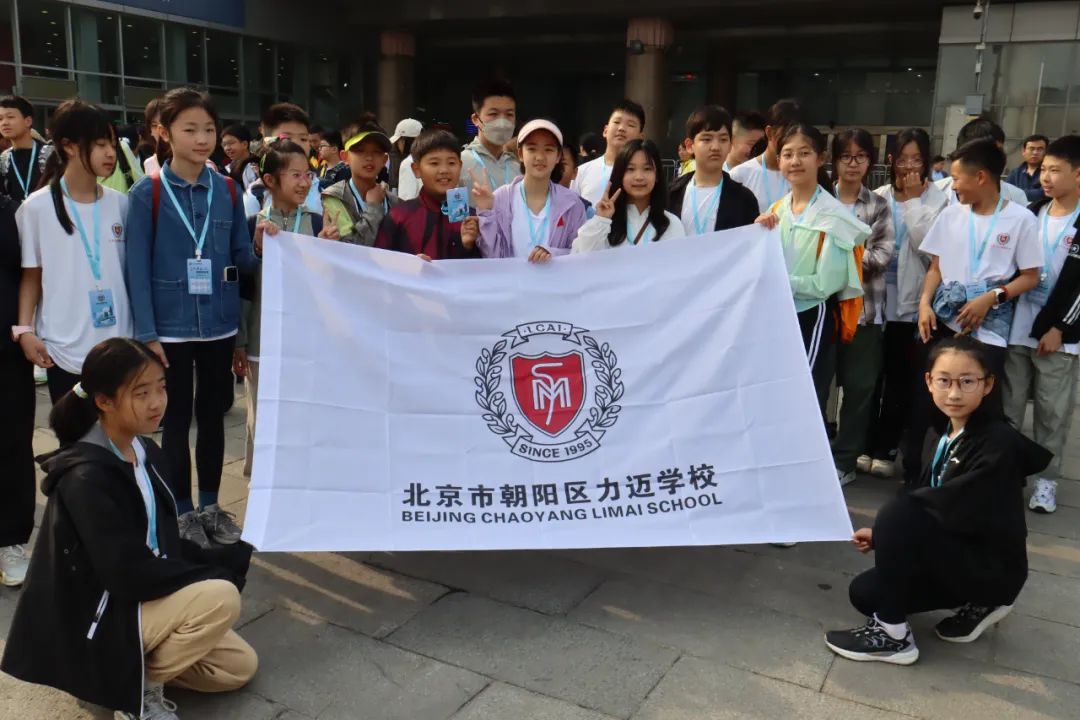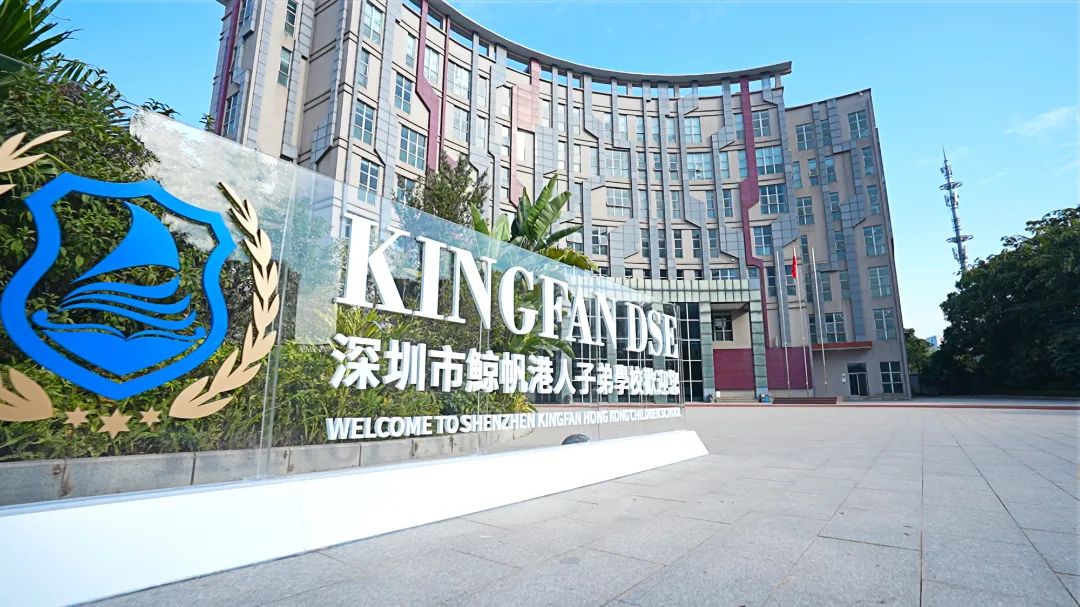2023-12-11发布于安徽
Science Highlights
CISH








Grade 6 - Dr. Holger Meinberg
This week, students continued their exploration of non-metallic materials that conduct electricity, such as graphite and saltwater. They observed that pure water acts as an insulator for smaller voltages. Using the contents of their electrical kits, students engaged in creating various circuits with the provided materials. They distinguished between series and parallel circuits, noting that a series has only one possible pathway, while parallel circuits have two or more pathways.
To compare circuits based on variable changes, students were tasked with selecting circuits from groups with only one altered variable, emphasizing the importance of changing a single variable for meaningful experimental conclusions. Subsequently, students built the designed circuits and assessed the relative brightness among them.
Furthermore, in circuits featuring two light bulbs, one was deliberately removed. After completing this exploration, students collaboratively utilized the remaining time to combine materials from different groups, constructing more complex circuits.
Slide pictures to see more
Grade 7 - Ms. Heather Exum
In Ms. Exum's 7th-grade science class, a group of budding scientists is embarking on an exciting journey into experimental design. With an engaging focus on practical application, these students are currently immersed in the process of learning how to plan a laboratory experiment. The current project has them enthusiastically designing their investigation to explore the factors influencing the duration of a candle's burn beneath a beaker. Under Ms. Exum's guidance, the students are developing crucial skills in hypothesis formation, variable identification, and procedural planning. The classroom is abuzz with creative ideas as these young scientists collaborate to construct experiments that will not only deepen their understanding of scientific principles but also cultivate a hands-on appreciation for the scientific method. Ms. Exum's supportive and encouraging approach empowers her 7th-grade students to take ownership of their learning and foster a genuine passion for scientific inquiry.




Slide pictures to see more
Grade 8-1 Dr. Holger Meinberg
Grade 8 students received verbal feedback on their paraphrased work displayed on the board to enhance their understanding of the required skills. These tasks involved selecting key vocabulary, providing explanations, summarizing videos on the topics, and paraphrasing a short paragraph specifically on the speed of light.
Towards the end of the week, students commenced a new assignment focusing on Vantablack, a material developed by Anish Kapoor, and the ongoing controversy within the art community surrounding its use. Tasks were tailored to students' abilities through differentiated versions.
Grade 8-2 Ms. Heather Exum
In Ms. Exum's 8th-grade English class, a dynamic cohort of students is honing their critical thinking skills through the exploration of light properties. Focused on the crucial academic skills of paraphrasing and summarizing, these young scholars are delving into various articles that dissect the intricacies of light. Ms. Exum, with her pedagogical finesse, guides the students in distinguishing between the nuanced art of paraphrasing and the succinct essence of summarization. The class recognizes the importance of these skills not only for comprehending complex scientific concepts but also for refining their ability to take effective notes and craft well-researched papers in the future. As the students engage with diverse articles, they not only deepen their understanding of light properties but also develop the indispensable skill of synthesizing information—a fundamental tool for academic success under Ms. Exum's attentive and supportive guidance.

Grade 9 - Ms. Heather Exum
In Ms. Exum's 9th-grade science class, students are learning about ions and utilizing the periodic table as a valuable tool in their exploration of naming simple compounds. Ms. Exum skillfully guides her pupils through the complexities of ionic bonding, fostering an environment that encourages questions and active participation. The periodic table, with its array of elements and their distinct properties, serves as a map for these budding scientists, aiding them in deciphering the nomenclature of compounds. As the students collaborate on hands-on activities and engage in thoughtful discussions, they not only deepen their understanding of chemical concepts but also cultivate a passion for the wonders of the scientific world under the thoughtful guidance of Ms. Exum.

Grade 10 - Mr. Nick Smith
In the first lesson this week, both Grade 10 Science classes met and presented their options for the Field Trip and the water dispenser project. All the solutions and ideas were well-researched and very well-presented. After the presentations, the two classes voted on their preferred options.
Moving forward, the fine details of the project and field trip will be decided upon and settled.
Classwork introduced the United Nations Sustainable Development Goal 12: Responsible Consumption and Production. As a general rule, the students are well aware of responsible consumption and produced many fine examples of what responsible consumption is and is not. This learning is not aiming to create environmental activists; it is just to make students aware of the issues and what courses of action could be taken.



Biology Class - Grade 11 - Ms. Marina Baltikian
This week, we embarked on an engaging journey into the world of internal assessment (IA). Comprehensive discussions and activities allowed students to grasp the intricacies of planning, designing, and conducting scientific investigations, and the essential steps involved in collecting and analyzing data. The aim was to provide a solid foundation for the upcoming IA projects, ensuring students are well-equipped for this integral aspect of their academic journey.
In parallel, we initiated our study of Chapter C1.1, focusing on the fascinating subject of enzymes. Students were introduced to fundamental concepts, including enzyme structure and functions within biological systems. To enhance understanding, we engaged in interactive discussions and activities that brought theoretical knowledge to life. A highlight of the week was the exploration of enzymes' practical applications in various industries through an insightful video. This visual representation provided students with a valuable perspective on how scientific knowledge translates into tangible solutions in the professional world.
As we progress, our focus will remain on internal assessments, allowing students to apply their newfound knowledge to planning and conducting scientific investigations. Additionally, our exploration of enzymes will continue, delving deeper into their roles and significance in biological processes.





Biology Class - Grade 12 - Ms. Marina Baltikian
This week in Grade 12 Science, we focused on refining and enhancing the scientific investigations of our students. Valuable class time was dedicated to providing students with the opportunity to fine-tune their projects, ensuring they are well-prepared for the upcoming stages of their academic journey.
In line with our commitment to individualized support, one-on-one feedback sessions were conducted for the drafts of select students. This personalized approach allows for targeted guidance and constructive input tailored to each student's unique project. For those who have not yet received feedback, rest assured that comprehensive evaluations will be provided in the upcoming weeks, ensuring every student benefits from this crucial aspect of the project development process.
In addition to project refinement, this week presented an exciting hands-on experience for our students with a heart disdiv laboratory experiment. This practical session not only aligned with the curriculum but also provided an immersive and memorable learning experience for our Grade 12 students. The exploration of anatomy through hands-on activities contributes significantly to a holistic understanding of the subject matter.



Chemistry Class - Grade 11 - Mr. Nick Smith
The sub topic Ionic Bonding was completed. The final div was a data based investigation of the factors affecting the Lattice Enthalpy of Ionic Compounds. This level of detail is new for the updated curriculum. The investigation was difficult but produced a lovely exemplar exercise to reinforce the learning. Students are also revising for an upcoming assessment of prior learning.
Chemistry Class - Grade 12 - Mr. Nick Smith
Advanced Higher Level Chemistry students completed their topics on Acids and Bases. A final investigation of Buffers and pH of Salt solutions was concluded. These are once again topics that are reliant on complex mathematical calculations. Some students are still struggling to complete their chemistry IAs. All students are revising for an upcoming assessment.
ESS Class - Grade 11 - Mr. Samuel Ward
The G11 students learned about photochemical smog this week. We discussed how the combustion of fossil fuels produces primary pollutants like nitrogen oxides and volatile organic compounds, which can interact under sunlight to produce secondary pollutants like ozone. This leads to photochemical smog, which can damage plants, irritate eyes, and cause respiratory illnesses. We examined factors that influence smog levels, like topography, climate, population density, and fossil fuel use. Students evaluated strategies for reducing smog, such as decreasing reliance on fossil fuels, regulating emissions, adopting clean-up measures, and using technologies like catalytic converters. At the end of the week, we introduced the next subtopic on acid deposition and how it can impact ecosystems.
ESS Class - Grade 12 - Mr. Samuel Ward
The G12 students started learning about energy choices and security this week. We examined different energy sources like fossil fuels, renewables, and nuclear, considering factors like sustainability, availability, cost, and sociopolitical implications. Students discussed how energy security depends on an adequate, reliable, and affordable energy supply. We also addressed factors that affect a society's energy choices, like availability, sustainability, technological developments, cultural attitudes, and political and economic considerations. Students then began evaluating the advantages, disadvantages, and impacts of different energy sources. At the end of the week, we introduced the next subtopic on climate change causes and impacts.



Physics Class - Grade 11 - Mr. Geofrey Kivisha
Students in Grade 11 physics learned to calculate the center of mass for various objects. They studied the idea of a moment of inertia, developing their skills in calculating it for point particles and other object types. The scope of the study was expanded to include an understanding of torque on enormous objects, with an emphasis on the use of moment of inertia. Energy conservation was investigated in this context, which strengthened their understanding. The progress made by the students demonstrates a strong foundation in mechanics.
Physics Class - Grade 12 - Mr. Geofrey Kivisha
Students studying physics in grade 12 first reviewed states of matter before delving into fluid dynamics. They were able to understand the relationship between pressure, force, and area through inquiry and research. The most notable aspect was their improved communication ability, which was shown in discussions on states of matter and pressure. To reinforce their understanding, students worked through manometer, hydraulics, and Archimedes principle problems during the week's practical problem-solving sessions. Their participation in both theoretical and practical exercises demonstrated their dedication to understanding difficult fluid dynamics concepts.
SEHS Class - Grade 12- Mr. Donavan Van Vuuren
The DP2 SEHS students are currently gearing up for the impending summative test as they delve into the comprehensive review of the content covered in their second last unit, Unit 5. Simultaneously, they are diligently refining their IA, meticulously editing, and fine-tuning the details in preparation for the imminent final submission. This dual focus reflects their commitment to a thorough understanding of the subject matter through exam preparation while also ensuring the completion of a high-quality IA that showcases their depth of knowledge and analytical skills. The integration of test preparation and IA refinement speaks to the student's dedication to academic excellence and their ability to manage multiple aspects of their coursework effectively.



Mathematics Highlights
CISH


Slide pictures to see more
Grade 6
In the Mathematics 6 course, students engaged in an in-depth exploration of the unitary method, particularly its application in fraction-related problems, thereby sharpening their problem-solving abilities in practical contexts. Additionally, they conducted a comprehensive review of this unit as part of their preparation for an impending assessment.



Grade 7
This week Grade 7, focused on area and circumference of circles as well as proving results for angles inside polygons using Thales Theorem. Being able to prove their results from the axioms enabled the students to gain a deeper understanding of the formulas used to practice with. We also looked at several different ways to prove the result that the area of a circle is

声明:本文内容为国际教育号作者发布,不代表国际教育网的观点和立场,本平台仅提供信息存储服务。
全国500所国际学校大全 / 3分钟匹配5-8所 / 1年名校升学备考托管服务





